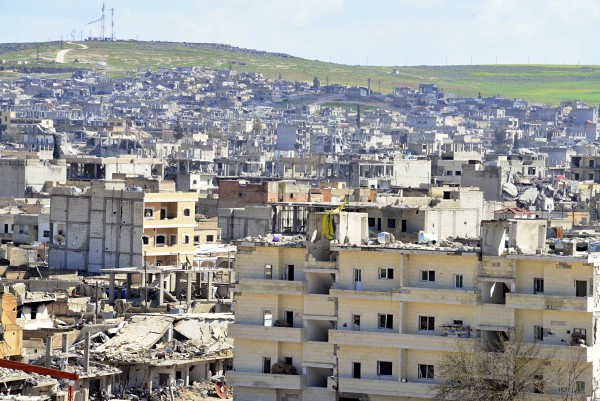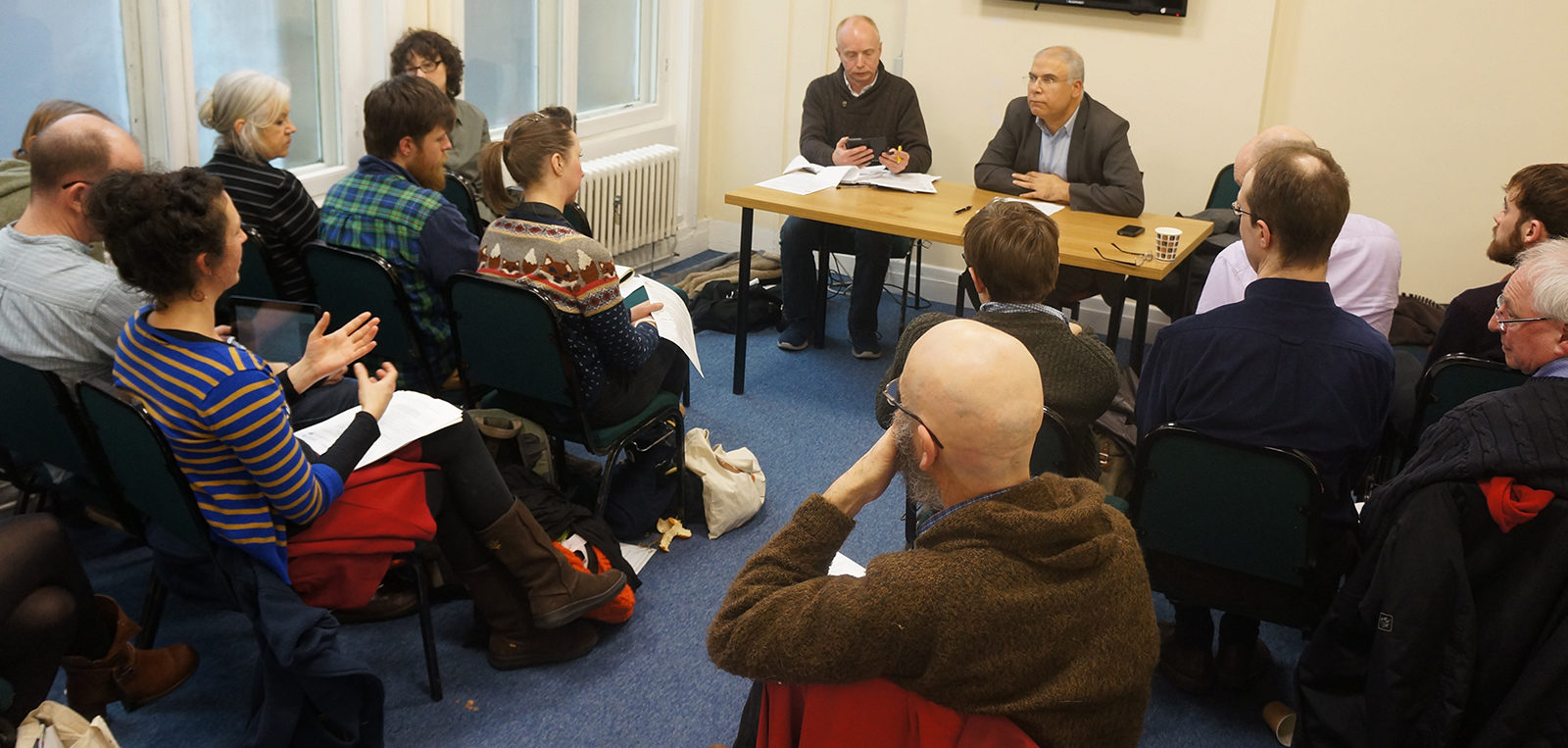As well as looking at the UK’s co-operative movement, the January 2016 Ways Forward conference in Manchester broadened its scope to the Middle East.
An afternoon workshop chaired by journalist and Kurdistan correspondent John Hunt, featured an illuminating discussion with Alan Semo, a representative of the PYD (Democratic Union Party) from Rojava, northern Syria.
The PYD is the largest political party in Rojava and has an ideology of mutualism. Mr Hunt described Rojava as “the one shining light of hope in a theatre of global conflict”.
Mr Semo explained how the area was fighting back against the threat of so-called Islamic State (ISIS), not with weapons, but by developing an autonomous community based on the values of democracy, equality and co-operation.
“We’re striving to revive democracy,” said Mr Semo. “A community where people rely on themselves, rely on their own resources and refuse exploitation – political or social.”

When ISIS attacked Kobani – a city in Rojava – in September 2014, they were met by thousands of people resisting them. Against all odds, after four months of struggle, ISIS was defeated. Now they are working at rebuilding the city and constructing it into a peaceful model for Syria and the Middle East. Local collectives are creating and running schools, parks and playgrounds.
Mr Semo described how issues of ethnicity or religion have no place in this new ‘community economy’: “Rojava is a true community. We aim to live together peacefully and co-operatively. We refuse totally the sectarian civil war and we refuse to be proxy.”
When asked about the issues of financing the rebuild, Mr Semo revealed that the Kobani people had even turned down money from big businesses – such as large oil companies – on the basis that they did not want their city to be ‘owned’ by outside companies.
Instead, wealthier people invested in the co-ops and local people were employed to work. Support was only accepted from overseas providing it was ‘unconditional’.
The session ended with Mr Semo encouraging people to spread the word beyond the workshop, the conference, the co-op movement. “Rojava is a secular, democratic, open-minded community,” he said. “That’s why it’s successful – people have the freedom to decide. We don’t take weapons from NATO, and we don’t have any political agenda.”

